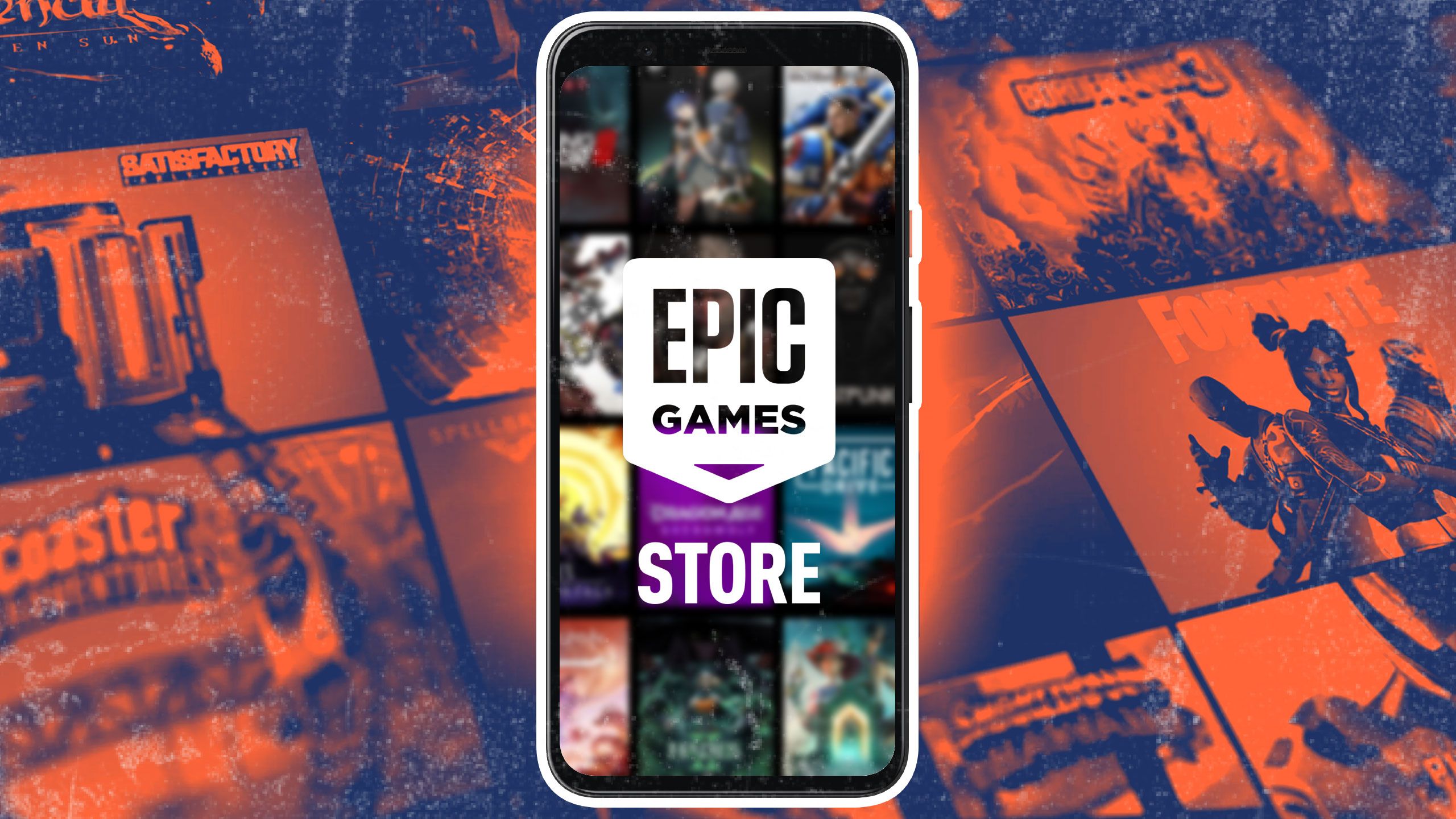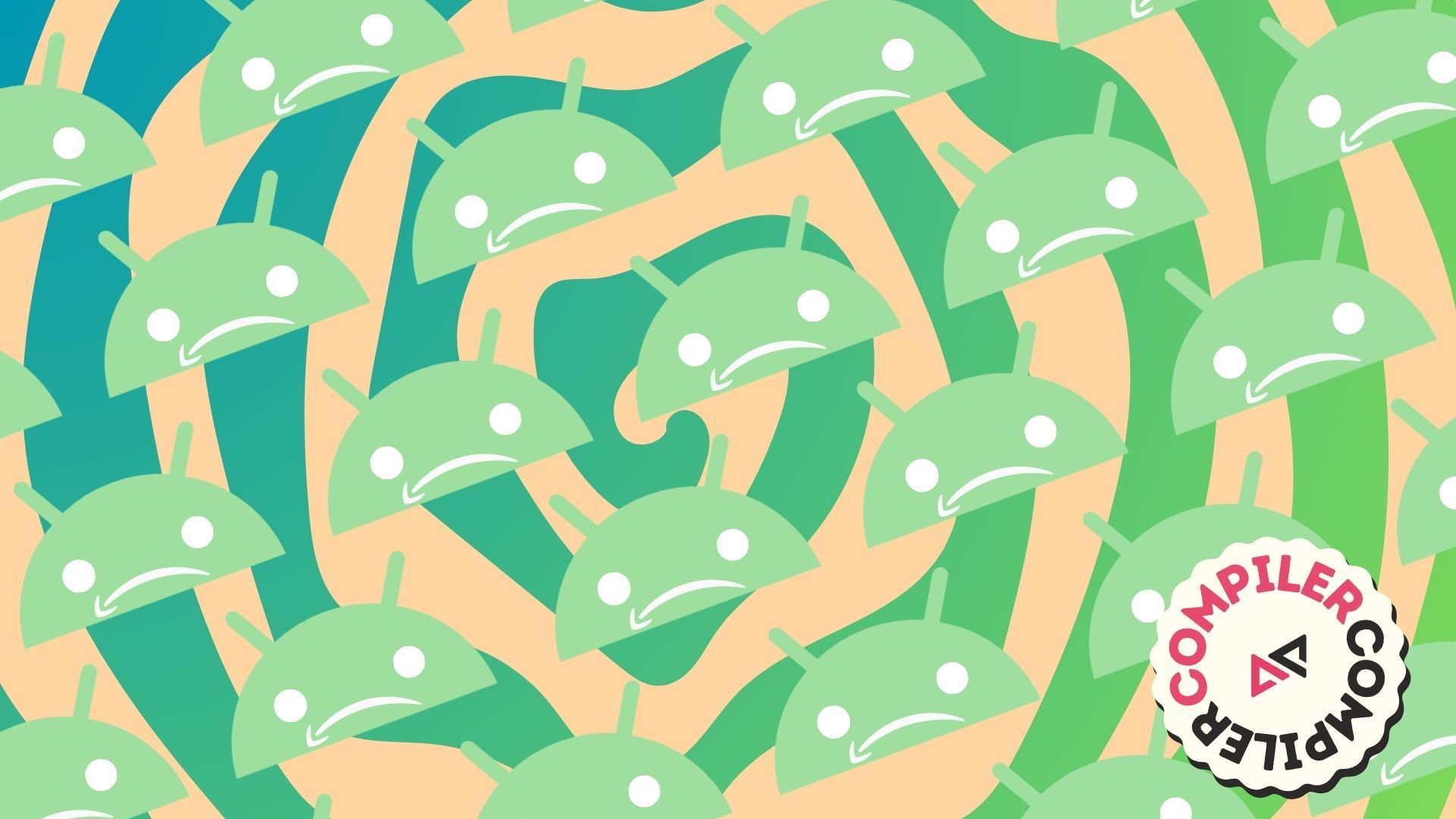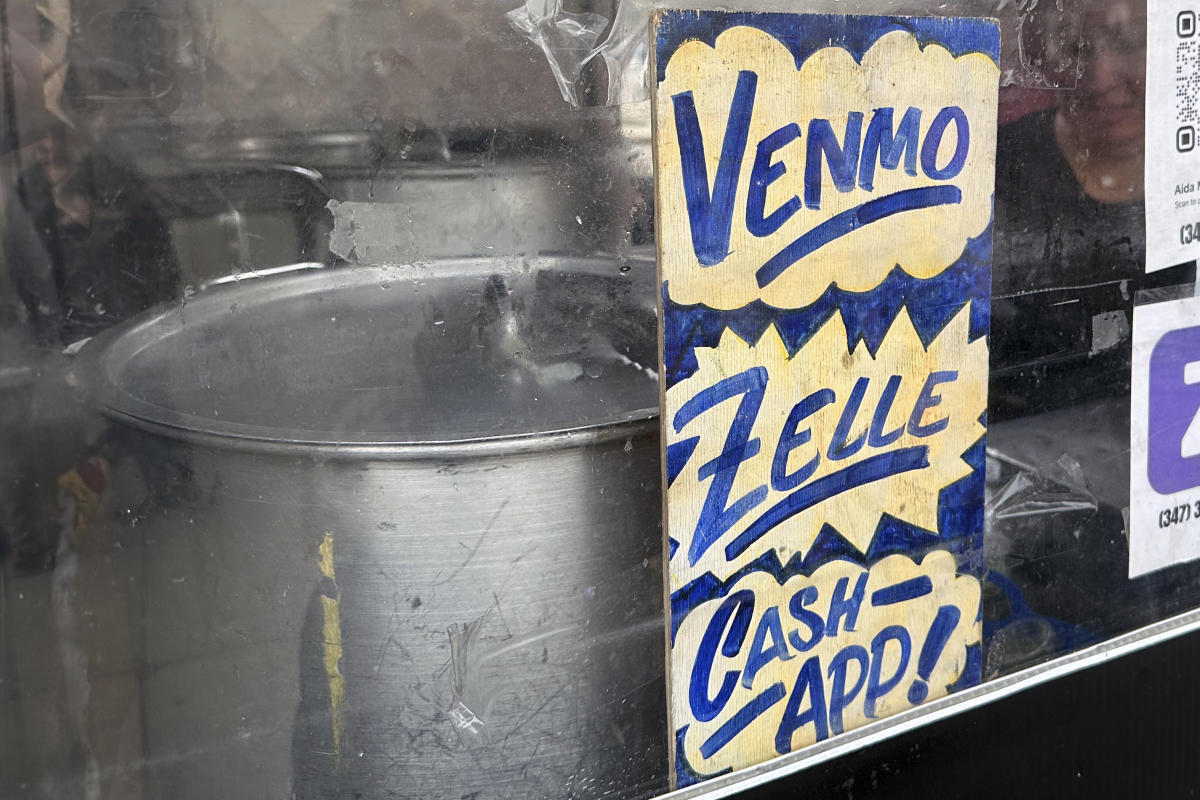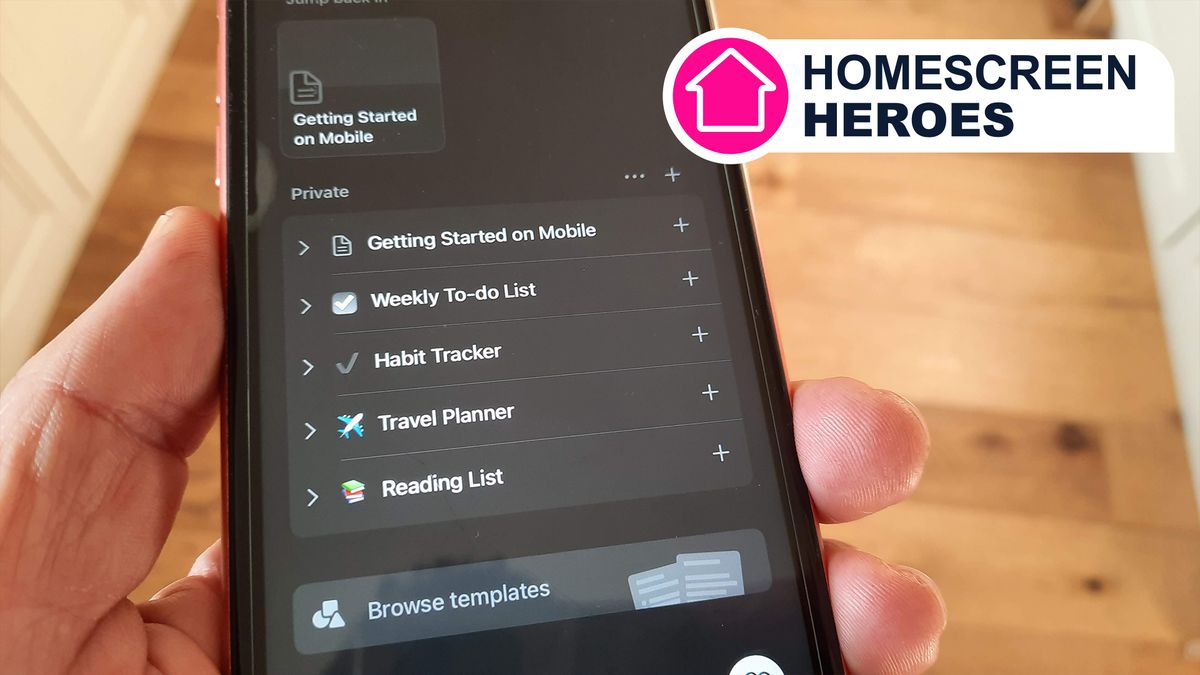Amazon announced this week that it’s shutting down its Android app store. The Amazon Appstore has been available on Android devices since 2011, providing a relatively easy-to-access alternative to the default Google Play Store. Beginning on August 20, the Appstore will no longer be accessible.
In truth, not many users will be affected by the shutdown. Amazon’s said it’s remaining committed to keeping the Appstore up and running on its own Fire devices, which, according to a statement given to TechCrunch, is where the “overwhelming majority” of people use it. Still, the online retail behemoth pulling of the Android app distribution game seems makes me wonder: If Amazon can’t make a third-party Android app store work under Google’s current policies, who can?
Welcome to Compiler, your weekly digest of Google’s goings-on. I spend my days as Google Editor reading and writing about what Google’s up to across Android, Pixel, Gemini, and more, and talk about it all right here in this column. Here’s what’s been on my mind this week.
For the past couple of years, Google’s regularly made headlines for a number high-profile anti-trust cases. Most prominently, a case brought by Epic Games in 2020 alleged that Google had created an illegal monopoly on Android app distribution in the Play Store and its attendant Google Play Billing service. The case was decided in Epic’s favor last year, though appeals are ongoing.
Epic argued in court that Google’s practices around app distribution both discourage downloading of Android apps through any platform but the Play Store, and that the predominance of Google’s first-party app store results in users paying higher fees and developers making less money.
In its defense, Google pointed to the existence of alternative app stores on Android as evidence that the Play Store did not constitute a monopoly on Android app distribution. Users can get apps through Google Play, but also have the option to use the Galaxy Store (on Samsung devices), or other alternatives including the likes of the Amazon Appstore, APKMirror, or F-Droid.
That’s all true, technically, but as The Verge noted in 2023, an expert witness who testified on behalf of Epic stated that Amazon’s Appstore constituted just 0.1 percent of total Android app store marketshare.
Amazon really tried at this
Jules Wang / AP
Amazon’s failure to gain a foothold in the Android app distribution space does seem to illustrate Epic’s point rather well: it’s not easy to get people to download apps on an Android device from sources other than Google Play. And it’s not like Amazon didn’t try.
From the Amazon Appstore’s launch in March 2011 through August 2015, Amazon took the novel approach of offering a paid app for free, every single day. Developers whose paid apps were given away for free were guaranteed 20 percent of the normal purchase price, paid out by Amazon. The swing-and-a-miss Fire Phone, which was released in 2014 and came with a free year of Amazon Prime, also used the Amazon Appstore, skipping the Play Store altogether.
Despite the company’s likely very costly efforts, Amazon never was able to build the Appstore into a real Google Play competitor. Even setting aside the Appstore’s low marketshare, a lot of Android apps just aren’t available there: as of last year, the Appstore offered a selection of half a million apps and games. At the same time, the Play Store offered more than two million. The Amazon Appstore has largely failed to attract both Android developers and Android users.
The most Google-friendly explanation for the Amazon Appstore’s relative unpopularity is that there’s simply no incentive for regular users to look beyond the app store that comes pre-installed on their phones. If every app you want is on the Play Store, what reason is there to find somewhere else to get your apps?
Why third parties want their own stores
According to Epic, the Play Store’s default status is bad for consumers. As outlined in Epic’s suit against Google, apps distributed through the Play Store are obliged to use Google Play Billing for any in-app purchases they may offer, and Google gets a 30-percent cut of transactions that go through Google Play Billing. Developers have to bake that cost into their pricing — resulting in, as Epic tells it, higher fees for users.
Of course, Fortnite developer Epic’s got a lot at stake here. Free-to-play games funded by in-app purchases are big business, and a 30-percent cut of all the V-Bucks sold in the Android version of Fortnite would mean millions of dollars a year going to Google. Distributing Fortnite through the Epic Games Store on Android saves developer Epic Games a ton of money.
If Epic gets what it wants from its suit against Google — including, in part, the right to distribute alternative app stores through the Google Play Store, rather than in a more convoluted browser-based way — avoiding those big payouts to Google could get a lot easier in the near future. The suit is, naturally, about corporate profits above all else. But it could have the knock-on effect of fostering more direct competition between the Play Store and alternative app stores like the one Amazon is shuttering in August. And more competition should translate to lower prices for end-users like us.

Related
Should Amazon have held on?
Google is still in the process of fighting court rulings in its defense against Epic. If the appeals process doesn’t shake out in Google’s favor, though, conditions for third-party app markets like the Amazon Appstore will get a lot more favorable.
Today, to install an alternative app store like the Amazon Appstore or Epic Games Store on an Android device, you have to go through a multi-step process including downloading an APK to install the client from the web, plus some sternly worded warnings about apps installed from unsafe sources on your phone. But if Epic ends up getting what it wants, you’ll be able to install entire app stores the same as you would any other app.
It seems unlikely the Epic v. Google appeals will be wrapped up by the Amazon Appstore’s scheduled closure in August. It’ll be interesting to see if these developments have any bearing on the case. Amazon’s the fifth-largest company in the world; if it can’t make a third-party Amazon app store work, it seems like no one can.




